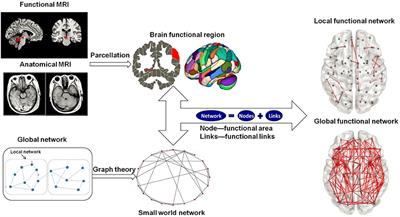REVIEW
Published on 08 Apr 2022
Updated Review of the Evidence Supporting the Medical and Legal Use of NeuroQuant® and NeuroGage® in Patients With Traumatic Brain Injury
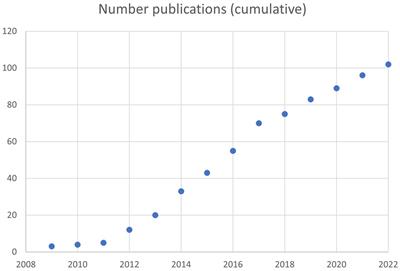
doi 10.3389/fnhum.2022.715807
- 8,654 views
- 5 citations
11k
Total downloads
53k
Total views and downloads
REVIEW
Published on 08 Apr 2022

REVIEW
Published on 10 Feb 2022
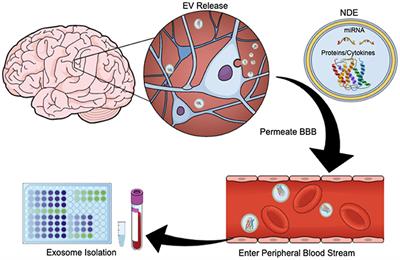
ORIGINAL RESEARCH
Published on 10 Jan 2022
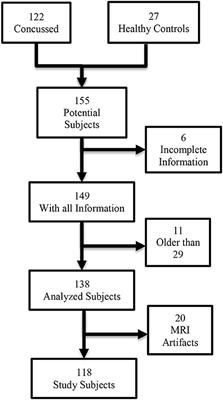
REVIEW
Published on 04 Jan 2022
ORIGINAL RESEARCH
Published on 25 Nov 2021
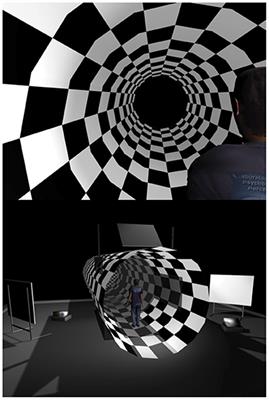
ORIGINAL RESEARCH
Published on 06 Jul 2021
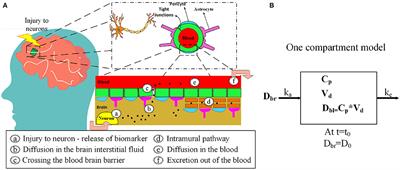
BRIEF RESEARCH REPORT
Published on 24 May 2021
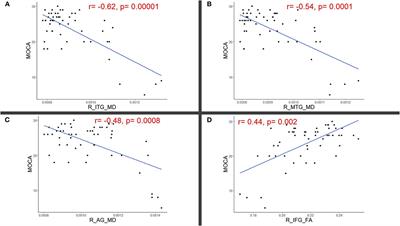
ORIGINAL RESEARCH
Published on 21 May 2021
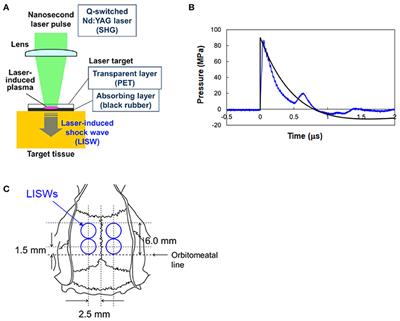
ORIGINAL RESEARCH
Published on 17 May 2021
